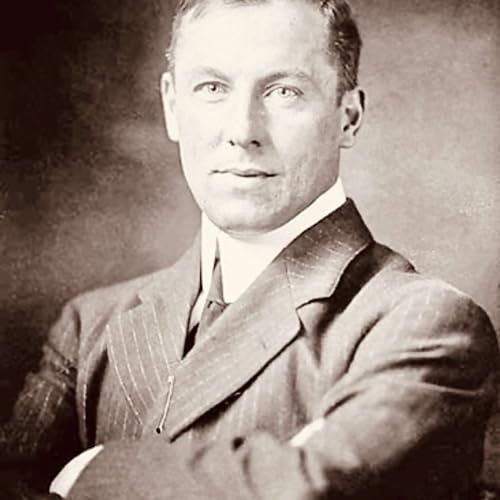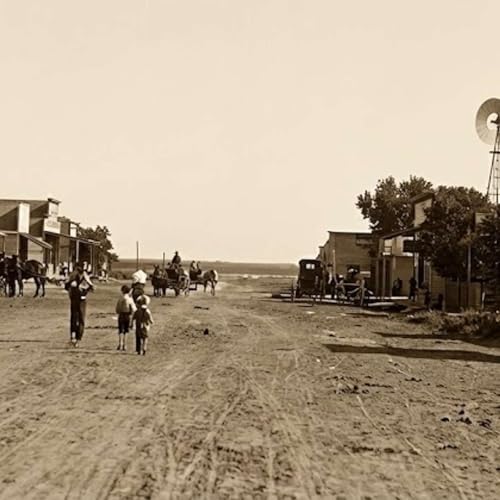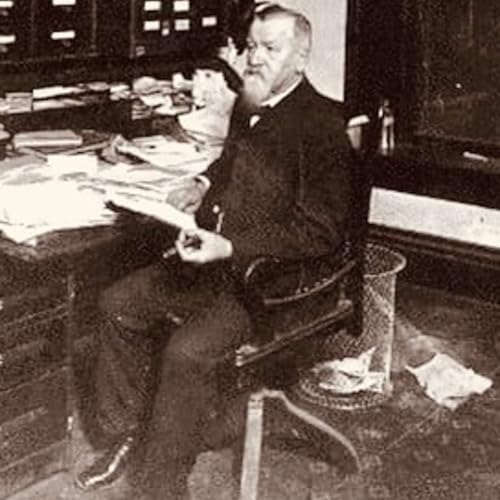Send us a text
A cold morning, a fortified town, and a scaffold placed just out of earshot—Charleston, Virginia tried to choreograph John Brown’s end and, with it, the story the country would remember. What they could not contain was a single handwritten note that slipped past the rope and into the bloodstream of a nation already splitting at the seams.
We walk the final hours with four witnesses whose perspectives refract the moment: Thomas J. Jackson, the meticulous VMI professor whose faith and discipline frame the state’s show of force; Edmund Ruffin, the fire-eater who turns pikes into propaganda and sees opportunity in the gallows; David Hunter Strother, the conflicted journalist caught between honesty and editorial fear; and a young John Wilkes Booth, reading the scene as theater and quietly rehearsing a darker role. Alongside them, Brown tends his will, thanks his jailer, hands coins to his men, and chooses silence over spectacle—saving his last words for paper, not the crowd.
The procession becomes public theater, the pause on the trapdoor stretches time, and the drop turns a man into a symbol. From controlled access to censored sketches, from church bells in the North to militia drills in the South, we trace how a state-managed execution became a catalyst. Keywords that matter here—John Brown, Harper’s Ferry, Bleeding Kansas, Stonewall Jackson, Edmund Ruffin, John Wilkes Booth, abolition, secession, Fort Sumter—aren’t just tags; they’re threads that stitch a straight line from a quiet cell to a continent at war.
Listen for the details that history often blurs: the bronze guns on the field, the black box that is also a coffin, the exact phrasing of a prophecy that predicted blood. Stay for the larger question that lingers long after the body is cut down: can power manage meaning when memory prefers to travel light and fast? If this story moves you, follow the show, share it with a friend who loves American history, and leave a review telling us what single moment changed your view.
Support the show
If you'd like to buy one or more of our fully illustrated dime novel publications, you can click the link I've included.
 Dec 16 20259 mins
Dec 16 20259 mins Dec 5 202530 mins
Dec 5 202530 mins Dec 3 20254 mins
Dec 3 20254 mins 19 mins
19 mins 17 mins
17 mins 30 mins
30 mins Nov 25 20253 mins
Nov 25 20253 mins Nov 18 202525 mins
Nov 18 202525 mins
